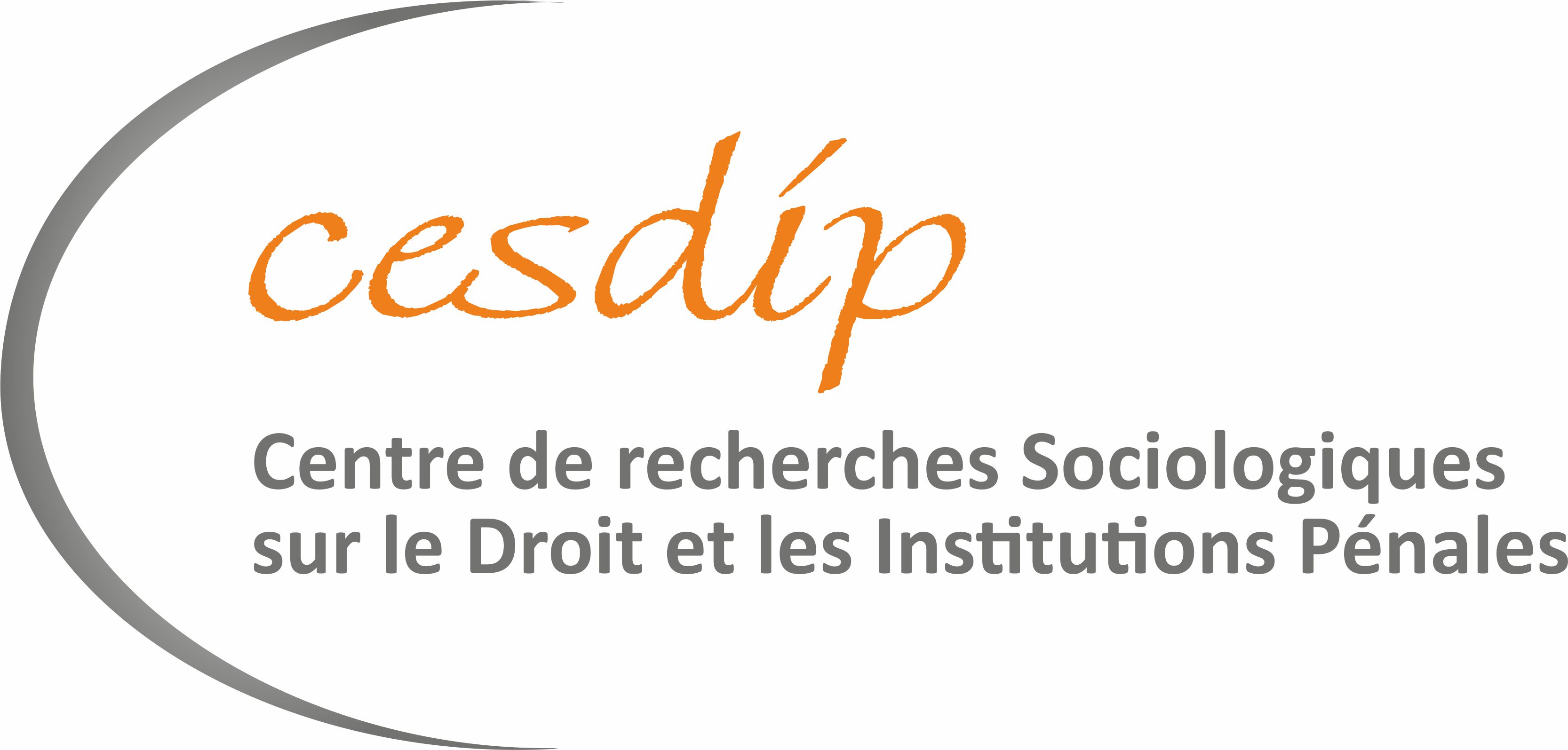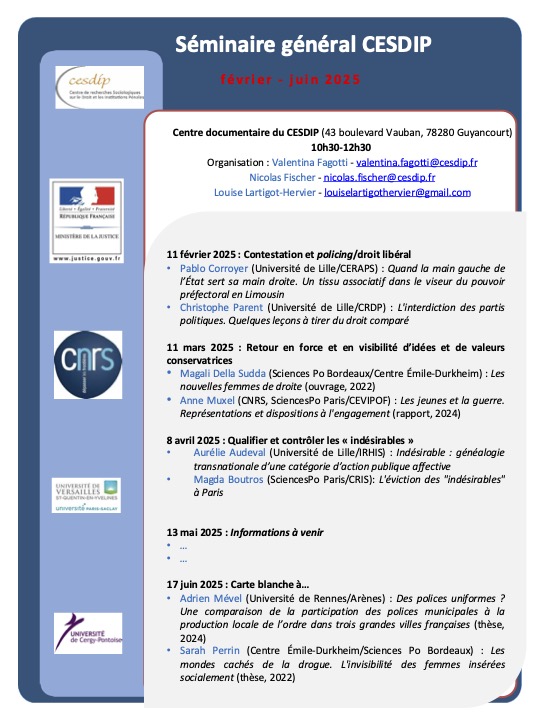Romain Juston is a post-doctoral student at the Centre for the sociology of organizations (Sciences Po school) and doctor of sociology at the Printemps laboratory (University of Versailles-Saint-Quentin). In December 2016 he defended a dissertation in sociology on forensic doctors in France and the expert’s reports they deliver to the judge. Work for his thesis was conducted in the framework of cooperation between the CESDIP and the UVSQ University Hospital Centre. In the present paper he describes the recent transformations of this professional group in France, between a reform, in 2011, of the organization of forensic medicine and the current reform of medical studies making forensic medicine a full-fledged specialty
Forensic doctors requisitioned by the Prosecutor’s office perform quite a variety of medical procedures: they determine the causes of a suspicious death, measure the functional discomfort produced by a victim’s wounds, determine the age of an unaccompanied individual, assess whether a person’s health is compatible with police custody, and so on. They deal with the living and the dead, victims and suspects. Forensic doctors are truly a unique group within the medical profession, in that their job is not to heal, but to work day in and day out as legal auxiliaries at the interface between the medical and the judicial spheres.
Although a great many TV series’ feature these “experts” in prominent roles, forensic doctors still remain a largely unrecognized professional group.[1] Very little is known about these physicians and their everyday professional life, or about the ways in which forensic medical evidence is produced, although the latter is used daily by criminal justice professionals. Furthermore, the discipline is presently undergoing a number of transformations. A reform of French forensic medicine was enacted in 2011, the objective being to generalize the introduction of forensic medicine in hospitals by setting up hospital services in which “professional” forensic scientists (rather than doctors collaborating occasionally with judges) perform judicial expertise on a day-to-day basis. In addition, medical studies have been reformed as of October 1, 2017, to include a specialized diploma (DES) in forensic medicine, thus giving it de facto recognition as a specialty in medical practice rather than an adjunct specialization necessarily added to and combined with other residency training.
[1] One noteworthy exception: a special dossier devoted to « the identity of the forensic doctor» in a recent issue of Déviance et Société, 2017, vol. 41, n° 3. I am the author of the article devoted to « Les médecins légistes en France : un groupe professionnel segmenté entre expertise judiciaire et spécialité médicale », (« Legal Medicine in France : An Occupational Group Segmented between Judicial Expertise and Medical Specialty »), Déviance et Société, 2017, vol. 41, n° 3, pp.387-413.






